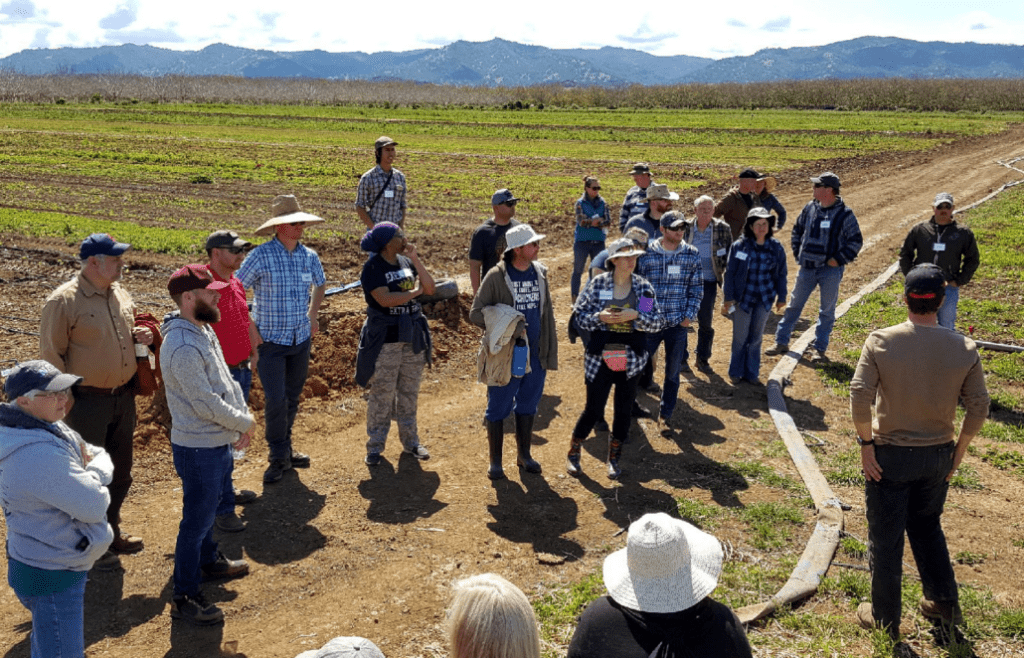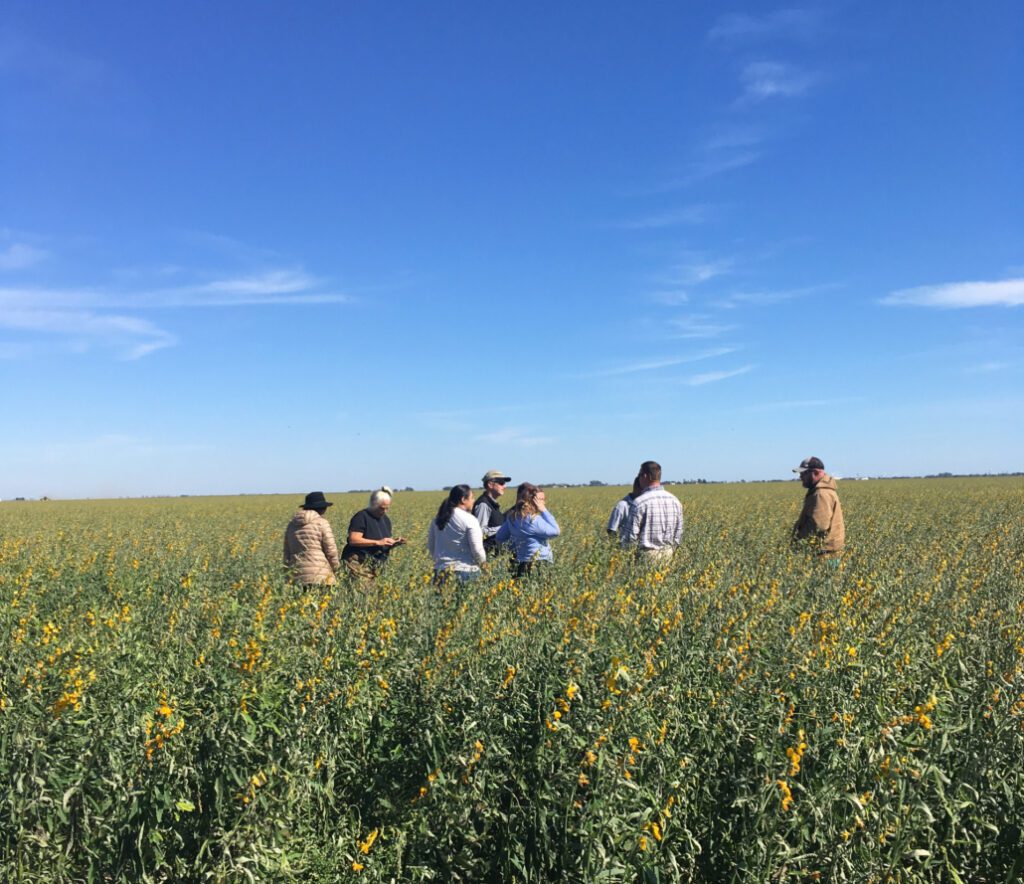Life as a military veteran requires a great deal of sacrifice. This fact is true for those on active duty and former members of America’s armed forces once they reenter civil society. Some struggle with lifestyle differences — there’s much to say about a structured, predictable schedule.
This change is a crucial part of how difficult the civilian transition can be, but an equally significant factor is the prevalence of post-traumatic stress disorder (PTSD) in veterans. Researchers have studied how our brains weren’t built to process conflicts on a large enough scale. Veterans often find it difficult to reconcile their experiences overseas with peacetime’s relatively tame daily struggles.
Farming has become a way to bridge this gap. It presents some things beneficial to those with the military mindset, particularly the unchanging and highly standardized day-to-day lifestyle as demanded by one’s seasonal crop.
Still, making this switch can be difficult for those who don’t come from agricultural backgrounds.
For this reason, organizations like the National Center for Appropriate Technology (NCAT) developed Armed to Farm, which gives all the necessary guidance to help ease that transition. As the name indicates, the program is designed to support veterans who are looking to start farms of their own.

Launched in 2013 as a new initiative from NCAT, the program is said to have helped more than 800 veterans with several training opportunities for sustainable agriculture. Training is a one-week session that travels to states nationwide, with veterans encouraged to attend free of charge.
Once there, they are exposed to various industry specialists and training professionals. Growers are also given business training and taught how to market their products effectively to potential customers. The opportunity to network with other veterans-turned-farmers is another major selling point.
“Our goal is to build the network so that they can learn from each other, share what’s worked on their farms or ideas they might have, and also be a source of support, said program director Margo Hale.
Although more of an after-effect of the program than a core intention, Hale says the connective aspect built up over the initiative’s lifetime has proven unexpectedly beneficial to the success of the veterans, both on the farm and personally.
“They live in different states, have different farming operations, and served in different branches at different times, wrote Hale in a blog post. “Despite these differences, they all connect over their desire to continue serving their country through farming.

Nearly a decade of operation has seen Armed to Farm help veterans in 45 states with their setups. “They helped us with business planning and even helped with funding for infrastructure for the farm, said Jared Ross, a vet-turned-farmer who tends to Ross Family Farm in the town of Beach, ND.
Ross made sure to mention how crucial it was to know a network of people like him when it came to getting the business off the ground, a sentiment echoed by Sara Creech, Air Force veteran and owner of Blue Yonder Organic Farm in North Salem, IN. “The opportunity to connect with other veterans and support each other’s dreams was life-changing.





